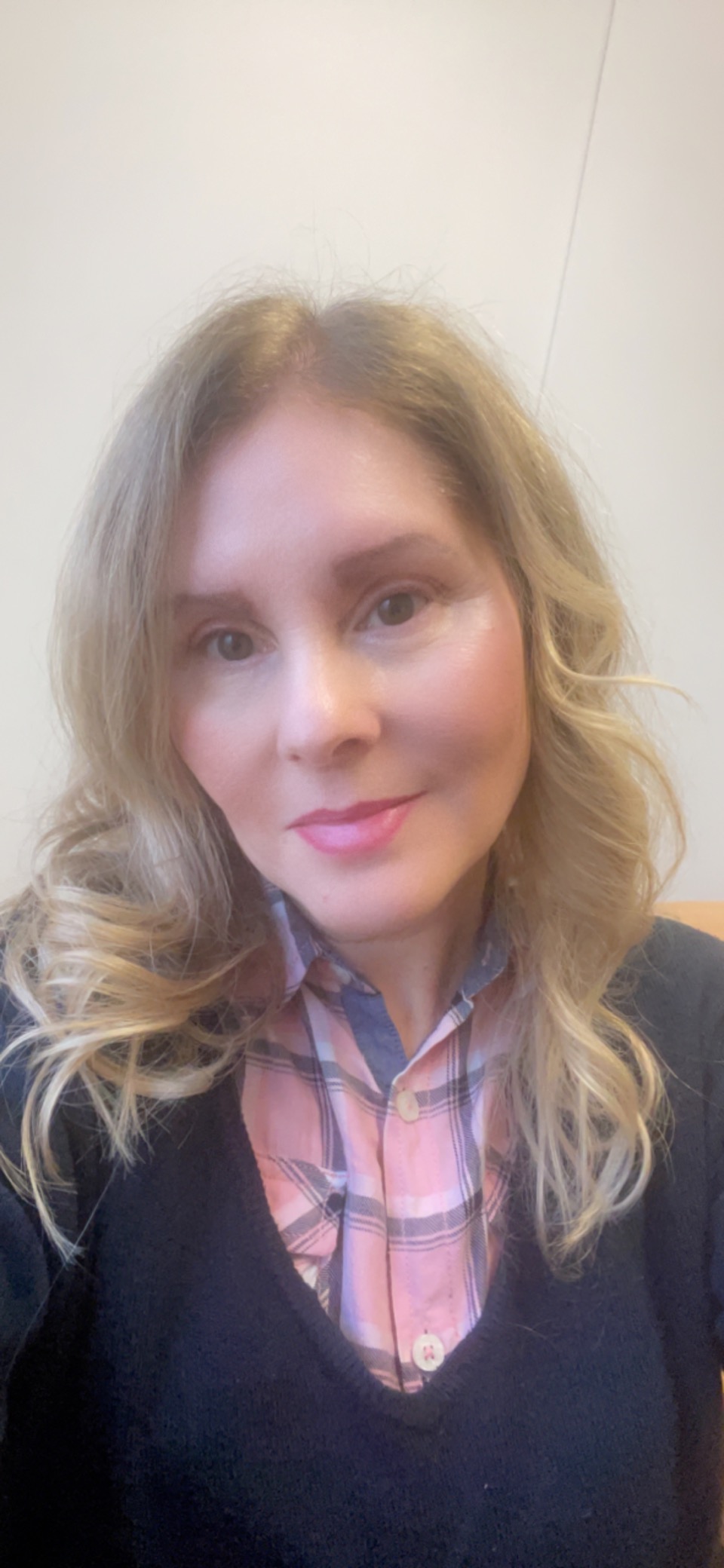The Power of Wondering
- Karen Bland
- Feb 9, 2019
- 4 min read
Have you ever thought about the power of “wondering” as a means of interacting with your child? Is “wondering” something you do in your own head when you are unsure about something or daydreaming? Do you know how it feels to “wonder” with somebody else? I wonder if you have even given it much thought.
When it comes to communication with children (or sometimes with adults too) it can be a minefield, children ask lots of questions because they are learning and of course they naturally want answers to everything but, how do we encourage curiosity and independence of thought without giving them the answers or shutting them down? Children often get into trouble at school or with other children, it is all part of learning, the importance lies in how we show our interest in them and offer support in their learning.
Something that stands out for me as a child is that I would ask the meaning of a word to be told “go look in the dictionary”; why do I remember this now into middle age you may ask, well, I guess because of the effect it had on me, I felt hugely irritated, I felt dismissed and I felt unimportant, I stopped asking because I would already guess the response I’d get. Perhaps it was to teach me independence although, I feel it was a failure to realise I needed connection not just an answer.
Children can sometimes be annoying, often asking, telling or showing things at inopportune moments and parents are busy and often multi-tasking so how do we make them feel valued and able to be inquisitive?
As a therapist I use “I wonder” a lot in conversations with my clients, I have been told “you do a lot of wondering” and I say “you are right, I am curious about a lot of things and it is OK for you to answer if you want to and it’s OK if you don’t, I just like to think out loud”; it is a way for me to reflect what I am hearing, seeing or a way of trying to understand out loud. I have found it offers the client a way to consider those things too, it may confirm something, it may give them another perspective or it may just let them know I have noticed them. “I wonder” is not judgmental or critical or confrontational, it engages the mind of the people involved.
Sian Philips, a psychologist in Kingston, Ontario who specialises in relational trauma and attachment difficulties recommends “I wonder” exercises as a non-confrontational method of communication, it is thought the act of “wondering” together encourages the building of engagement and of reflection. When somebody truly takes an interest in your experiences, it doesn’t matter whether you are wrong or right in the “wonderings” it helps integrate brain regions that will later on join together to help the child be better at self-regulation or remain curious. When a child has their belongings needs neglected they may lack self-regulation, their emotional responses may be awry and they may internalise and lack the ability to communicate effectively.
Sometimes children don’t have the words to describe their experiences or feelings, they often respond with “nothing” or a “don’t know” if they are asked “why” or how their day was, this often leads to frustration on both parts, parents try to start a conversation and the child shuts it down, parents want to know “why” the child genuinely doesn’t know but they feel pressured to answer so they shrug, burst into tears or they often construct a reason to stop you asking.
Consider this scenario, you get called over by a teacher or other parent to complain about your child, often the disappointment or embarrassment leads you to react in an unhelpful way and demand an explanation from your child or you may even tell them off; chances are they don’t know the answer, they acted on emotions, a trigger they were unaware of at the time. Perhaps it may help to say something like “it seems like you struggled to get on with … today, I wonder if it’s because things were hard for you today?” or “it seems like something happened today, I wonder if maybe you weren’t feeling good inside?” The child may not respond, that is OK because you have shown you understand, you are interested and realise things aren’t always easy for them, that things happen for a reason, it is also possible they may correct you, it’s possible they may give you an alternative explanation because the “wonderness” has been enabled between you.
When I was asking about the word I didn’t understand as a child, had I had a wondering response would I have felt more connected? Could I have learned my voice was worth hearing, or my curiosity was of value, I wonder? I also wonder how it will be for you if you wonder with your child today.


Comments